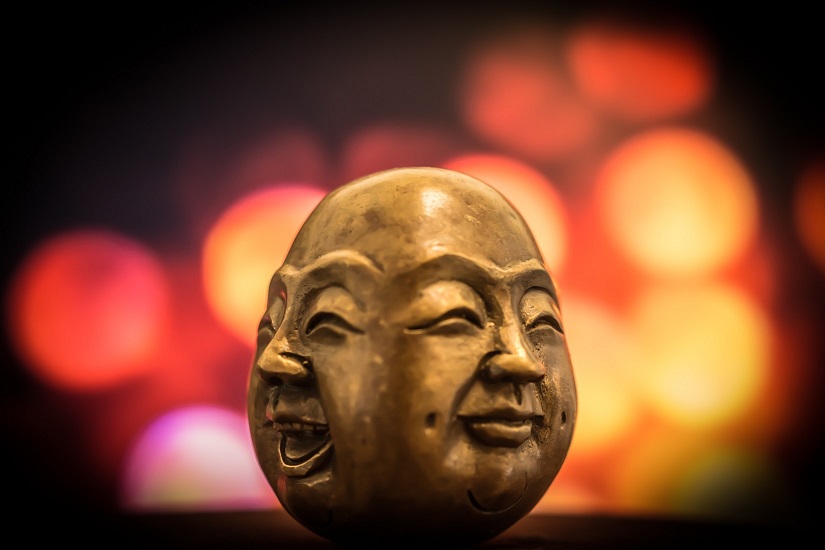The Michigan Psychodrama Center will be holding a one day “Intro to Psychodrama” workshop on Saturday March 5, 2016 in Royal Oak Michigan. No experience is necessary, and both therapists and non-therapists are welcome to attend.
For those who don’t know much about psychodrama, this is a great opportunity to learn the basic concepts as well as the various roles. In this one-day workshop, you will learn about the three stages of psychodrama, including the warm up, the action and the sharing stages. You will also learn about the different roles involved in a psychodrama, including the director, the protagonist, and the auxiliary and the witness. Finally, you will be introduced to the basic methods of psychodrama, including scene setting, role-reversal, doubling, soliloquy and mirroring.
Psychodrama was originally developed by J.L. Moreno in Vienna after the turn of the 20th Century. Moreno was a psychiatrist who was not satisfied with the methods and techniques of his contemporary and colleague Sigmund Freud. In part, psychodrama grew out of this dissatisfaction of Freud’s “talk therapy.” In a sense, Moreno took people’s stories from the couch and put them on a stage. In this way psychodrama is sometimes called the improvisational theater of a person’s life.
Since this time, psychodrama has been widely expanded, and it is now used in both therapeutic as well as non-therapeutic environments. The basic concepts have been adopted for use by many different professions. For example, trial lawyers use their psychodrama training to prepare and present their cases, schools, corporations and police departments use it for training churches and synagogues use it to deepen spiritual understanding.
As for non-therapists, trial lawyers in particular have enthusiastically embraced psychodrama. John Nolte, a psychodramatist who helped bring the method to the Gerry Spence Trial Lawyer’s College, has this to say about his early experience with it:
They (trial lawyers) also recognized how much they learned about group dynamics through psychodrama sessions. Most saw the usefulness of psychodrama in understanding their count’s experiences. They also learned the importance of looking at the trial situation from the perspective of the other participants, the judge, the jurors, the opposing counsel, and even the clerks and bailiffs. Many attended psychodrama training workshops, sometimes for personal growth and usually to learn enough of the method to conduct reenactment interviewing as a means of learning about their client’s experiences at a deeper level than convention interview can accomplish.
From: Nolte, The Philosophy, Theory and Methods of J. L. Moreno: The Man Who Tried to Become God (Explorations in Mental Health), 2014.
If you’d like to attend, download this flyer, or call the Michigan Psychodrama Center directly. We look forward to seeing you there!

